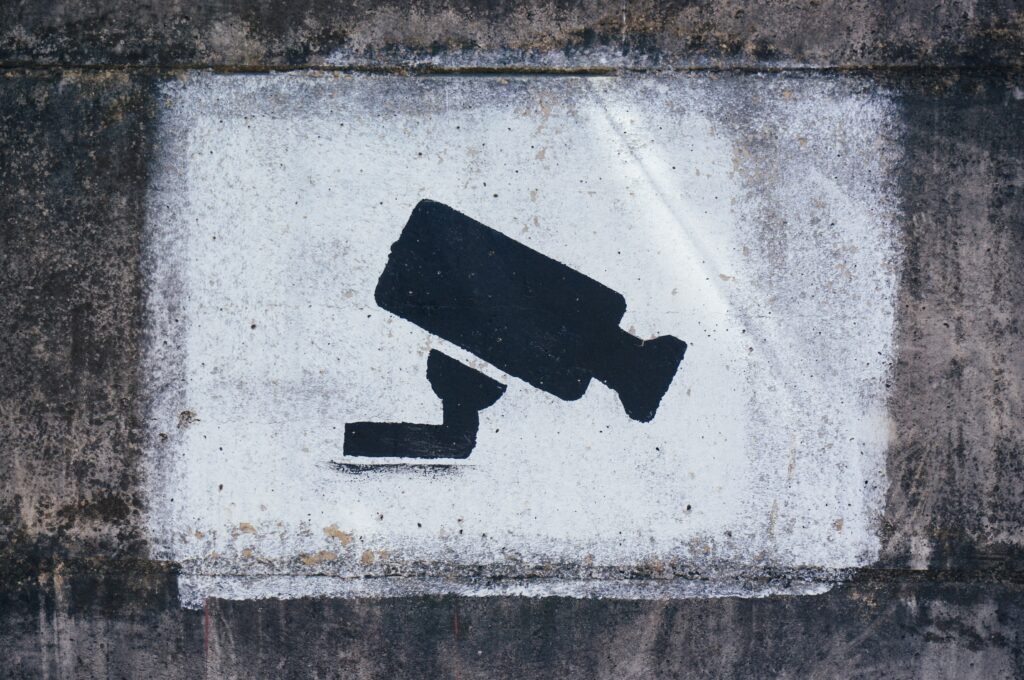"Justice consists not in being neutral between right and wrong, but in finding out the right and upholding it, wherever found, against the wrong."
- Theodore Roosevelt
Navigating a Misdemeanor Charge in Texas: What to Expect
November 11, 2023

When facing a misdemeanor charge in Texas, understanding the process can make all the difference. Whether you’re a resident or just visiting, a brush with the law can be intimidating. With this guide, we aim to provide clarity on the misdemeanor process in Texas and emphasize the importance of retaining a skilled criminal defense lawyer.
1. Understanding Misdemeanors:
Misdemeanors, in contrast to felonies, are less severe criminal offenses. In Texas, they’re classified into three main categories based on their severity:
Class A Misdemeanors: These are the most severe misdemeanors, including charges like assault causing bodily injury or theft of property valued between $750 and $2,500. Penalties can include a fine up to $4,000 and/or jail time of up to one year.
Class B Misdemeanors: This category includes offenses like DWI (first offense) or possession of up to two ounces of marijuana. Penalties can encompass a fine up to $2,000 and/or up to 180 days in jail.
Class C Misdemeanors: These are the least severe, including offenses like traffic violations. They usually result in a fine and no jail time.
Texas State Law Library offers a comprehensive breakdown of misdemeanor classifications and their respective penalties.
2. The Arrest Process:
If you’re arrested for a misdemeanor in Texas, you’ll likely be taken to the local police station for booking. Afterward, you’ll be given an opportunity to post bail, which can be facilitated faster with the assistance of a legal representative.
3. The Court Process:
After an arrest, you’ll receive a notice with a scheduled court date. On this day, with your criminal defense lawyer, you’ll appear before a judge. The process usually includes the arraignment, pre-trial motions, potential plea bargains, and possibly a trial.
4. Possible Defenses:
Your defense strategy will largely depend on the specifics of your case. Some common defenses in misdemeanor cases include lack of evidence, mistaken identity, or an alibi. The Texas Penal Code provides a comprehensive list of potential defenses.
5. Why You Need a Lawyer:
When faced with a misdemeanor charge, you need someone who understands the Texas legal landscape. According to the American Bar Association, having a lawyer can significantly improve your chances of securing a favorable outcome, whether it’s a reduced sentence, a lesser charge, or even a dismissal.
Conclusion:
While a misdemeanor might seem minor in the vast landscape of criminal offenses, it can still have significant consequences on your future. Being informed is your first line of defense.
If you’re facing a misdemeanor charge in Texas, don’t navigate the murky waters of the legal system alone. Having a proficient criminal defense lawyer by your side can make a significant difference in the outcome of your case.
Contact Us:
Looking for expert legal representation? Reach out to our law firm today. With years of experience in criminal defense, we’re here to guide you every step of the way. Visit us at www.johngreentxlaw.com.